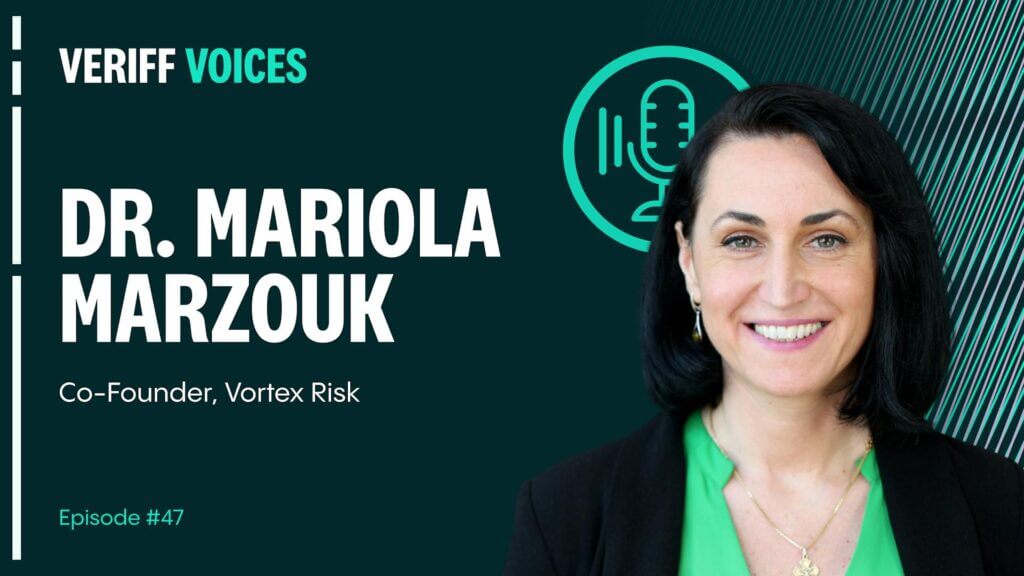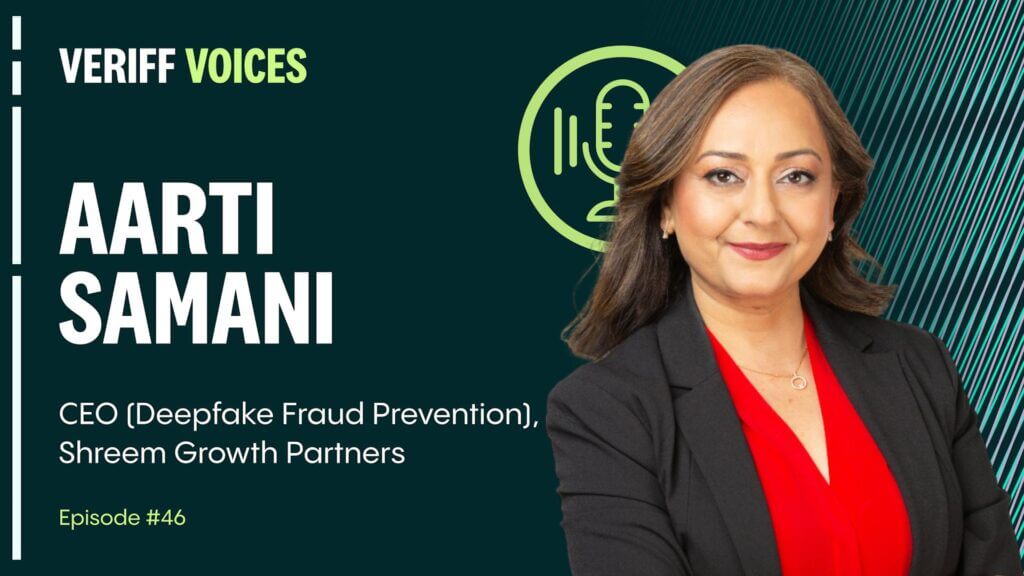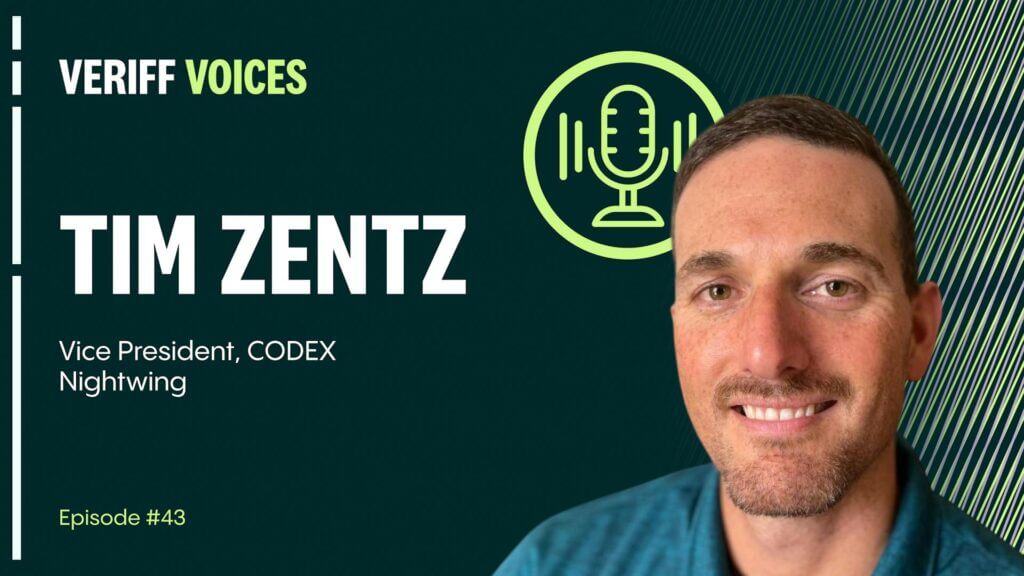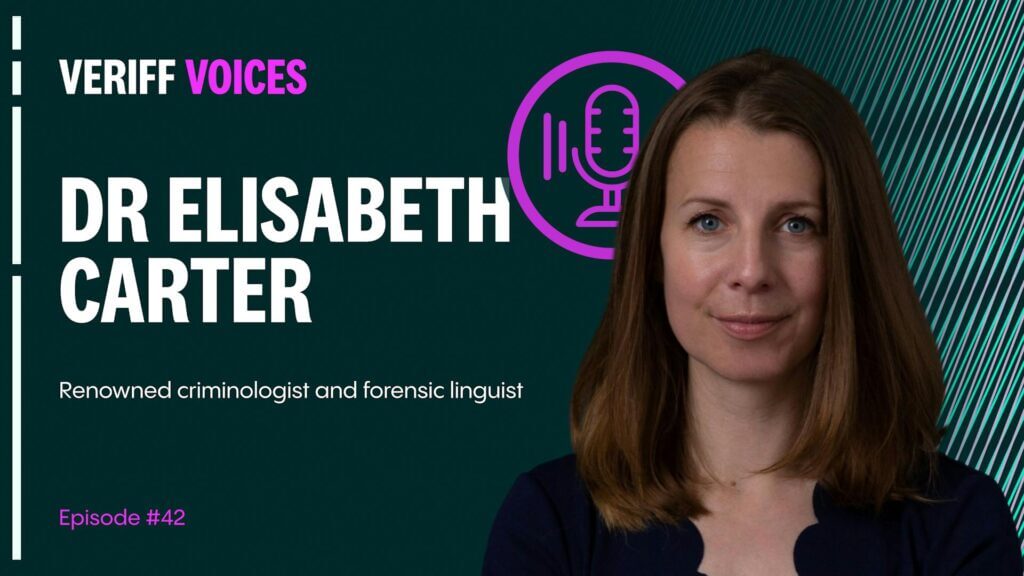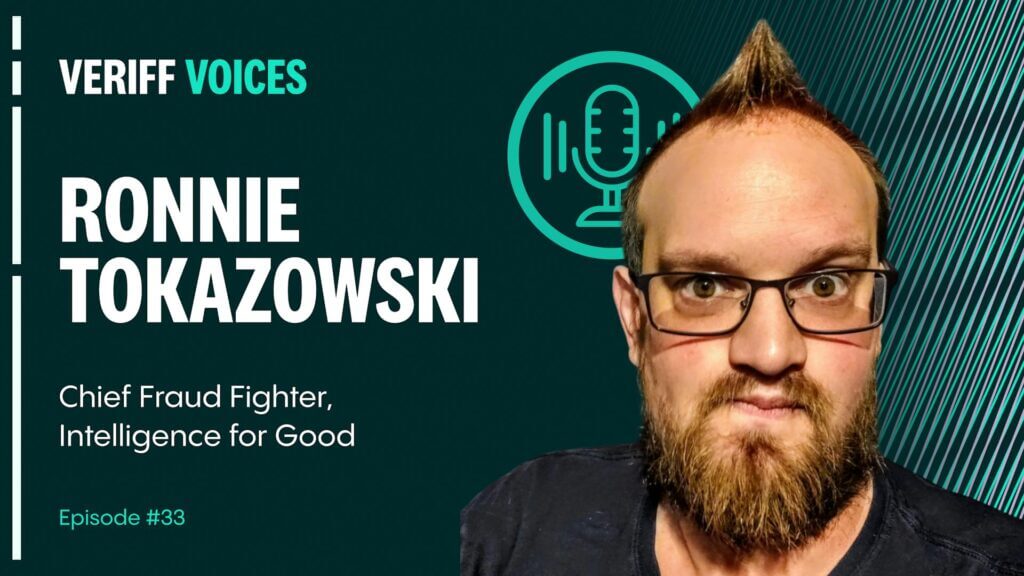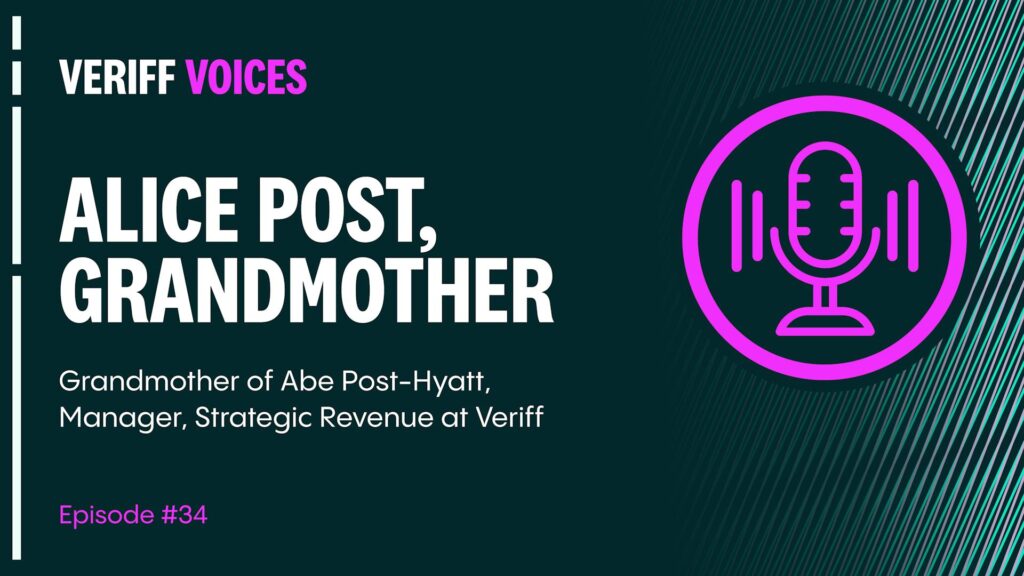Podcast
Counting the true cost of KYC non-compliance
Carl-Alain Memnon, Co-Founder and COO at Grid Technology, explores how innovative solutions are transforming compliance, fraud prevention, and risk decision-making.

Listen to full conversation with Carl now!
We discuss how forward-thinking digital leaders are leveraging automation and biometrics to navigate the complexities of an evolving regulatory landscape to avoid significant financial losses, penalties, and the reputational damage that comes with non-compliance. Please note, this interview has been edited for length and clarity.
Tell us a bit about your background and how you came to be involved with Grid Technologies?
Sure! I began my career in Wall Street as an attorney, focusing on regulatory compliance, mergers and acquisitions, and capital markets. I’ve spent many years in the financial services space, working in various compliance and legal roles. Over time, I became more focused on the technology side of financial services, which led me to Grid Technologies.
So, what exactly is Grid Technologies, and how do you differentiate yourself from other players in the KYC (Know Your Customer) and fraud prevention space?
Grid is an end-to-end verification-as-a-service platform. We provide fintechs and financial institutions with a no-code orchestration tool that allows them to select the best solutions for their workflows. Our platform helps businesses manage KYC, KYB (Know Your Business), fraud prevention, and other compliance needs without needing a technical background. The major differentiator is our simplicity – businesses can create a tailored workflow with just one API and one contract, without the need for multiple providers or technical teams. This makes it much easier for businesses to focus on serving their customers while we handle the verification and fraud prevention side.
Why is KYC so critical for financial institutions?
There are two main reasons why KYC is essential. The first is regulatory compliance. Financial institutions are required by law to know their customers and track the flow of funds to prevent money laundering and fraud. Failure to comply can result in severe penalties from regulatory bodies like the Consumer Financial Protection Bureau or Department of Justice. The second reason is financial protection. If a customer is fraudulent, it can lead to significant losses for the business. So, KYC isn’t just about meeting regulatory requirements – it also protects businesses from financial exposure and reputational damage.
What are some of the real-world consequences of failing to comply with KYC regulations?
Failure to comply with KYC regulations can have serious financial and reputational consequences. For example, TD Bank was fined $95 million for lapses in its AML/KYC program. Similarly, Bank of America faced issues with its compliance processes, leading to significant penalties. But the real impact extends beyond fines – reputational damage is a huge issue. If a business fails on KYC, it can lose the trust of customers and partners, potentially affecting stock prices and business opportunities. Additionally, businesses must be able to demonstrate compliance during audits, and our platform includes audit functionality to make that process easier.

For both in small and large enterprises, the consequences of KYC failure can be tremendous. The amount of exposure that can come can cripple a company.
How do KYC failures differ in their impact on small vs. large businesses?
Both small and large businesses can suffer tremendous consequences from KYC failures, but the impacts differ. For large institutions, the financial penalties are significant, but it’s often the reputational damage that causes the most harm. Publicly traded companies may see a drop in stock prices, and their reputation can be permanently tarnished, affecting their ability to do business with partners. For small businesses, the financial losses from fraudulent accounts or synthetic identities can be devastating. A small company may not survive such losses, and the reputational damage can also be fatal, especially when you’re trying to grow your business.
Why is reputational damaged cause by KYC failures such a significant issue for businesses?
Reputation is incredibly important, and consumers are becoming increasingly aware of the risks associated with poor compliance practices. If a financial institution or service provider has a history of fraud or data breaches, consumers are less likely to trust them. Even if the KYC process is smooth and compliant, if the company is in the news for negative reasons, customers may avoid opening accounts. This is why reputation management is so closely tied to KYC compliance – a failure to meet regulatory standards can directly affect customer acquisition, brand loyalty, and business growth.
Is KYC something that’s only relevant to financial services, or are we starting to see it becoming important in other industries as well?
We’re starting to see use cases emerge in sectors like healthcare, insurance, and even more everyday services like car rentals or gig economy platforms. As businesses move more transactions online, ensuring that the other party in a transaction is who they say they are becomes critical. For instance, healthcare providers or insurance companies need to verify the identities of patients and policyholders to ensure proper treatment or underwriting. As more industries face regulatory pressures, KYC will likely become a standard requirement across the board.
How do you see the role of biometrics in preventing fraud, and how is it evolving with the advent of AI technologies?
Biometric technology is at the forefront of KYC verification. It’s the strongest method available for ensuring identity verification because it relies on something unique to each individual, such as their face or voice. However, the rise of generative AI, deepfakes, and video/audio manipulation technologies poses new risks to biometric security. Fraudsters are using AI to create convincing fakes, but the key to fighting fraud lies in staying ahead of them. Companies like Veriff are leveraging AI to combat fraud in real-time, keeping pace with the fraudsters by identifying deepfakes and other manipulation techniques.
What benefits have you seen from the partnership between Grid and Veriff, particularly for customers using biometric verification?
The main benefit has been the speed and ease of biometric verification. The technology allows customers to onboard quickly, without delays, while providing a high level of confidence that the person being verified is legitimate. Clients have been impressed by how fast the verification process is—often taking less than a second—and the robustness of the technology to detect advanced fraud tactics like deepfakes. It’s a win-win: customers are onboarded swiftly, and businesses can be confident that they are reducing fraud risks.

It’s incredibly fast. I think we can get somebody verified using biometrics in less than a second.
What challenges do you see coming in the fraud prevention space in the next few years?
Innovation on both sides of the fraud battle is rapidly accelerating. Fraudsters are becoming more tactical and sophisticated, and as society becomes more digital, these challenges will only increase. Fraudsters are investing heavily in their technology, and in some cases, they approach fraud like a startup—scaling their operations to take advantage of new opportunities. For businesses, the challenge will be staying nimble and adaptable to these new threats. Larger enterprises need to reconsider the legacy systems they’ve relied on, which fraudsters are already familiar with and know how to circumvent.
What advice would you offer to small vs large enterprises navigating KYC and fraud prevention challenges?
For smaller enterprises, my advice is to remain vigilant and assume you’re a target for fraudsters. Small businesses can be seen as easy targets because they may not have robust security systems in place. That’s where services like ours, which cater to both small and large companies affordably, become essential. For larger enterprises, the advice is to re-evaluate your systems in light of current threats, especially since traditional methods may not be enough anymore. Large enterprises are familiar targets, and fraudsters know how to exploit their systems. To stay ahead, they need to adopt the latest technologies and ensure they are agile enough to fight emerging threats.
How do you see the future of digital services and fraud prevention evolving over the next 12 to 24 months?
The next couple of years will be exciting. The market for biometric verification and fraud prevention is expanding across a wide range of sectors, not just financial services but in areas we may not traditionally associate with these technologies. It’s rewarding to see small companies benefit from simple, no-code solutions that can be easily integrated into their operations. This progress will continue to help businesses focus on serving their customers while leaving the complex task of fraud prevention to specialized solutions. As the digital space continues to grow, we’ll see greater adoption of these technologies, making services more accessible and secure for everyone.
What’s next for Grid and Veriff in terms of collaboration and growth?
We’re focusing on expanding our partnerships with innovative companies like Veriff, especially as the demand for digital identity verification grows. The goal is to make it easier for businesses of all sizes to offer secure digital services, while also staying on the cutting edge of fraud prevention technology. We’re excited about working with a variety of sectors and helping small enterprises take advantage of the same robust, scalable security solutions as larger businesses. As we continue to onboard more clients, it will be interesting to see how these technologies evolve and how we can make digital services more accessible and secure for society at large.
Disclaimer: This interview has been edited for length and clarity.

Veriff Voices
Listen to the full conversation with Carl and explore more Veriff Voices podcast episodes.




